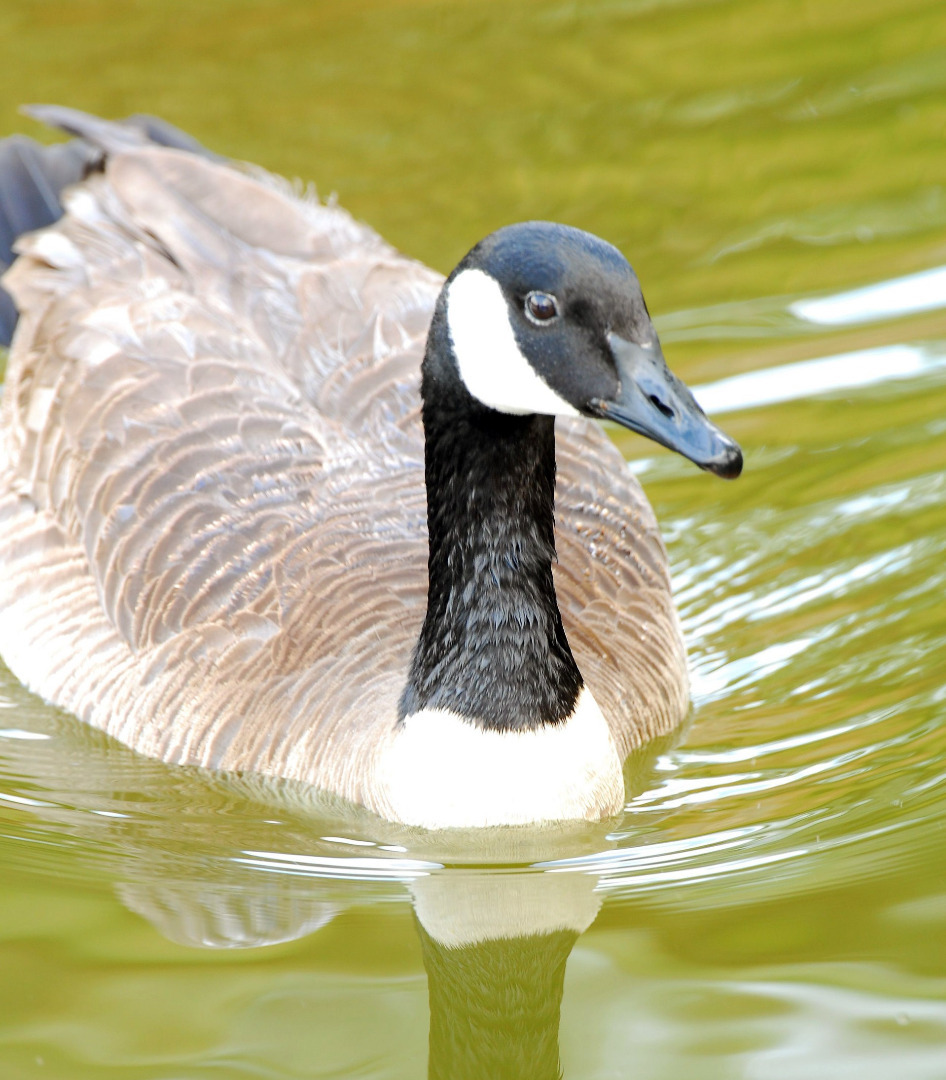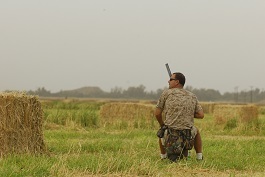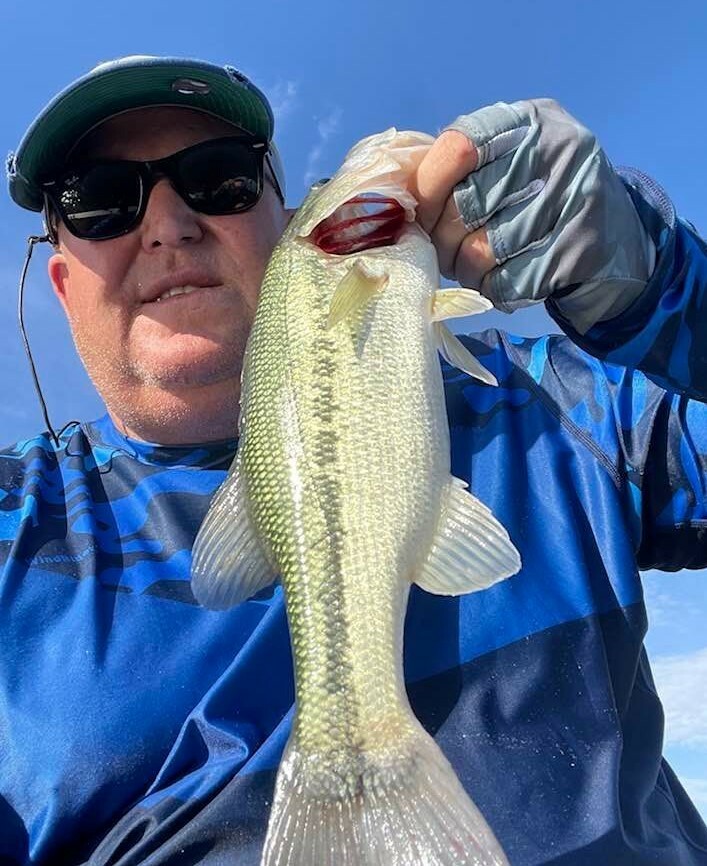Arizona Game and Fish Department asks hunters to report large mortality events of waterfowl

by Arizona Game & Fish Department
10-6-2022
Website
PHOENIX — With the waterfowl hunting seasons beginning in the Mountain Zone (Oct. 7 to Jan. 15) and Desert Zone (Oct. 23 to Jan. 31) regions of Arizona, the Arizona Game and Fish Department is offering tips on what hunters and falconers can do to help prevent the spread of highly pathogenic avian influenza (HPAI) and keep themselves safe.
HPAI (also known as “bird flu”) continues to be detected around the country and there have been recent detections in domestic and wild birds in Arizona. The disease is carried by dabbling duck species which only occasionally show signs of illness. Canada geese, eagles, and raptors appear to be the most susceptible to the virus, and infection in these species will often result in their death. Infected birds may behave abnormally (swim in circles, stumbling or unable to fly). Domestic poultry are also susceptible to infection and will exhibit the same signs.
Safety guidelines for hunters
- Only harvest waterfowl that look and act healthy
- Field dress and prepare harvested birds outdoors or in a well-ventilated area
- Wear latex or nitrile gloves while handling and cleaning game
- Double-bag feathers and all bird remains and dispose of in the trash.
- Immediately cool harvested waterfowl and refrigerate or freeze as soon as possible
- Do not eat, drink, smoke or vape while handling carcasses
- When finished handling harvested birds, wash hands and equipment thoroughly with soap and water
- Cook all game meat to an internal temperature of 165°F
Help prevent the spread of HPAI
- Report waterfowl deaths of 3 or more individuals to the AZGFD Wildlife Health Program at ajusticeallen@azgfd.gov
- Sick carnivores (bobcats, foxes, skunks, raccoons) should also be reported
- Falconers should not feed waterfowl to their birds and should consider hunting only upland game birds and small mammals for the near future
- Hunters with backyard poultry should take steps to protect their flocks:
- Clean equipment, shoes and waders before returning home from hunting
- Don’t let your poultry have contact with migratory waterfowl
- Secure feed bins from rodents and wild birds
- Contact a veterinarian if any of your birds get sick or die
For additional information, visit:
More Reports

9-13-2022
PHOENIX — Arizona’s dove hunters still have time to get out in the field before the 15-day season ends at legal...... Read More
Arizona Game & Fish Department Reports
for Monday, August 29th, 2022
Canyon Lake: Angler catches 42-pound carp out of Canyon Lake
Kaibab Lake: The lake level is low, but launching a small boat is still achievable
Cataract Lake: Water clarity is excellent, but an algae bloom is present
City Reservoir: Recent rains have filled the lake
Dogtown Lake: Try working the shoreline and around cover
Santa Fe Lake: The reservoir level is close to full
Upper & Lower Lake Mary: Upper Lake Mary Fishing Report
Ashurst Lake: Water clarity is good but fishing has been slow
Francis Short Pond: Frances Short Pond suffered a fish kill due to low dissolved oxygen
Kinnikinick Lake: The lake level is down, but there are no issues launching
Oak Creek: Oak Creek was stocked with rainbow trout last week
West Clear Creek: Smallmouth bass should be active
Knoll Lake: Knoll Lake Fishing Report
Blue Ridge Reservoir: Blue Ridge Reservoir Report
Huffer Tank: The water level is low and the tank will not be stocked this summer
Lake Pleasant: Water level is dropping
Canyon Lake: Canyon Lake Fishing Report
Bartlett Lake: Bartlett Lake Fishing Report
Alamo Lake: Alamo Lake Fishing Report
Lake Havasu: Lake Havasu Fishing Report
Roper Lake: Bass fishing has been very good
Dankworth Pond: At Dankworth Pond, the bass fishing is solid
